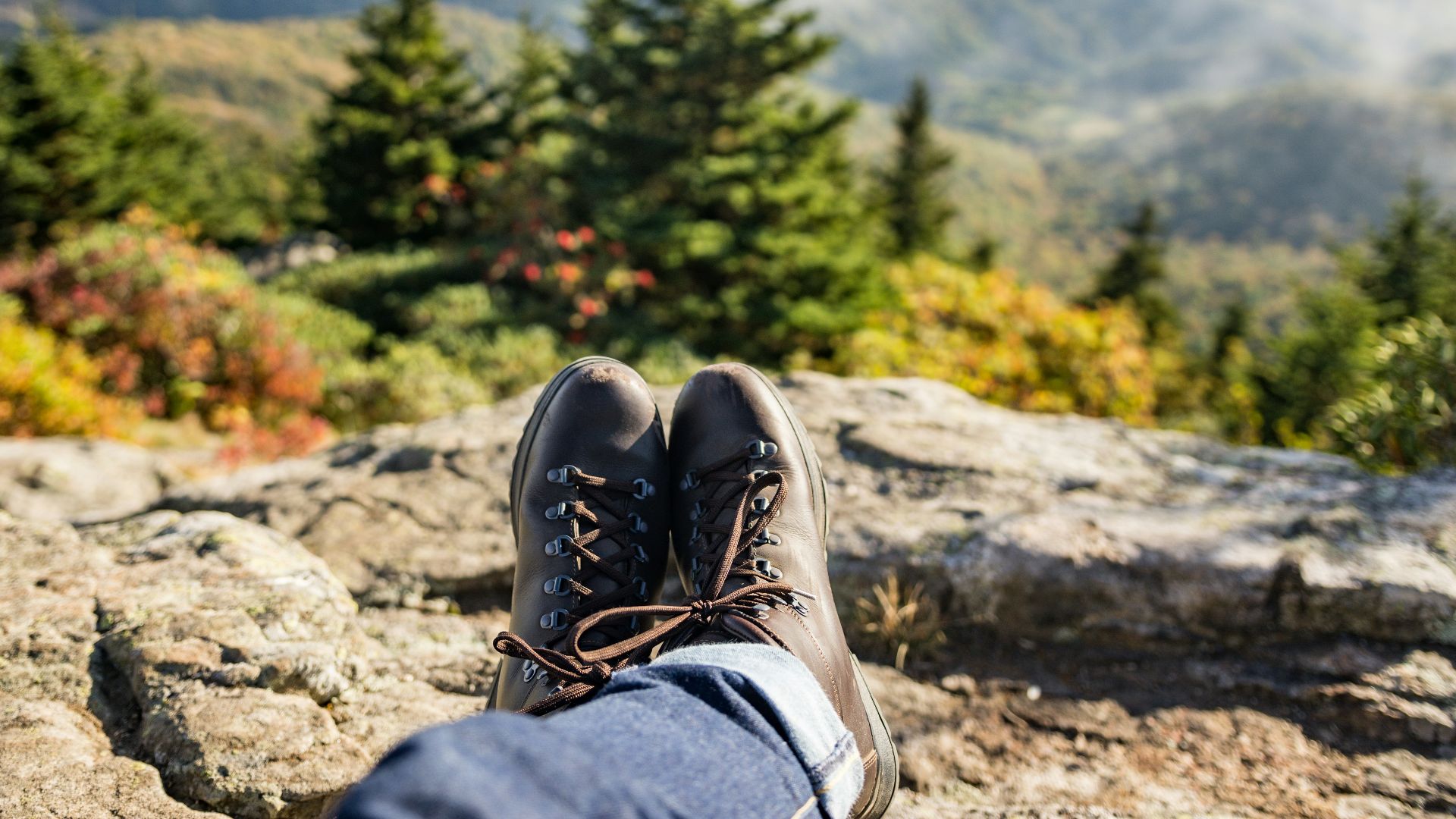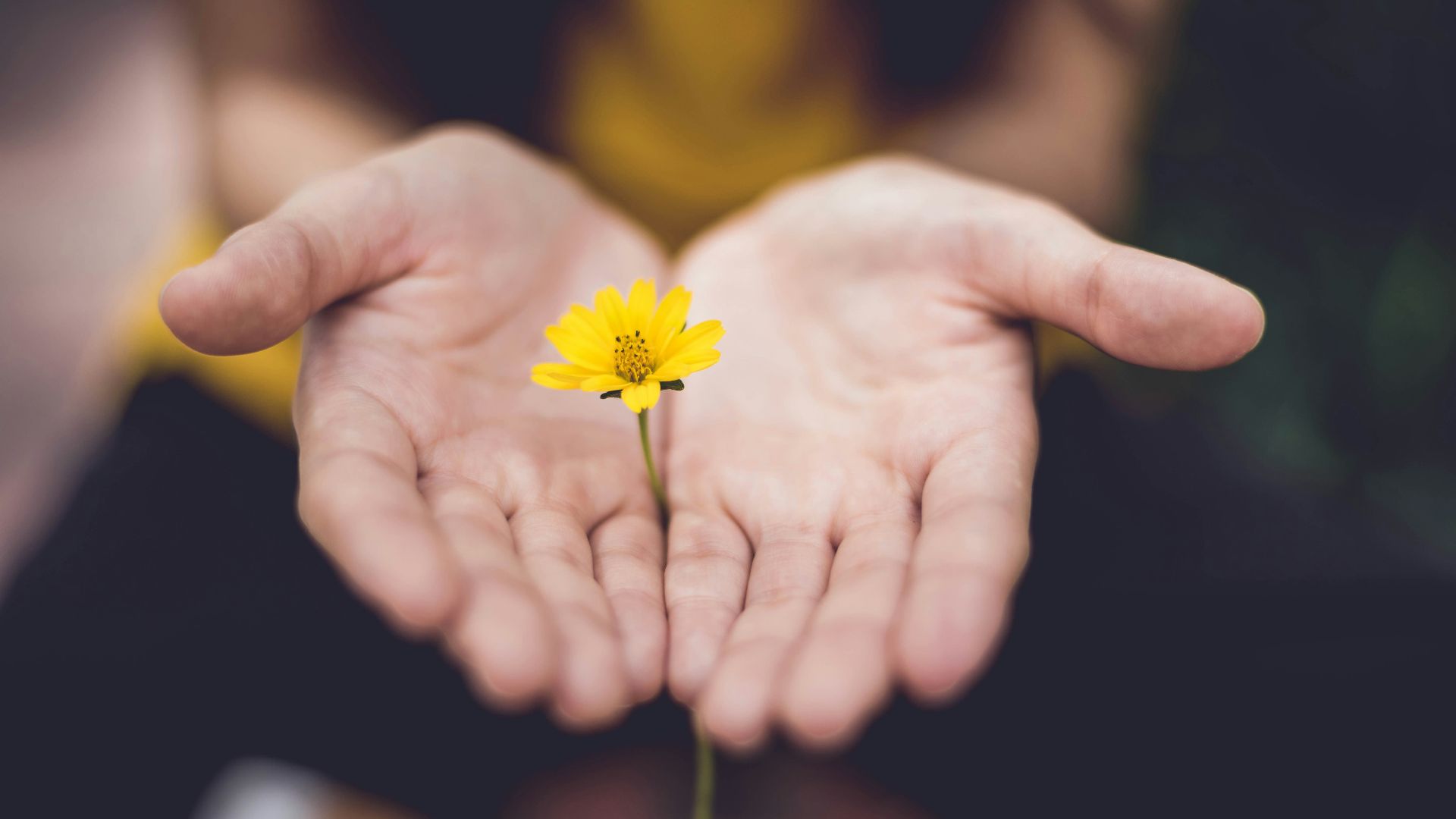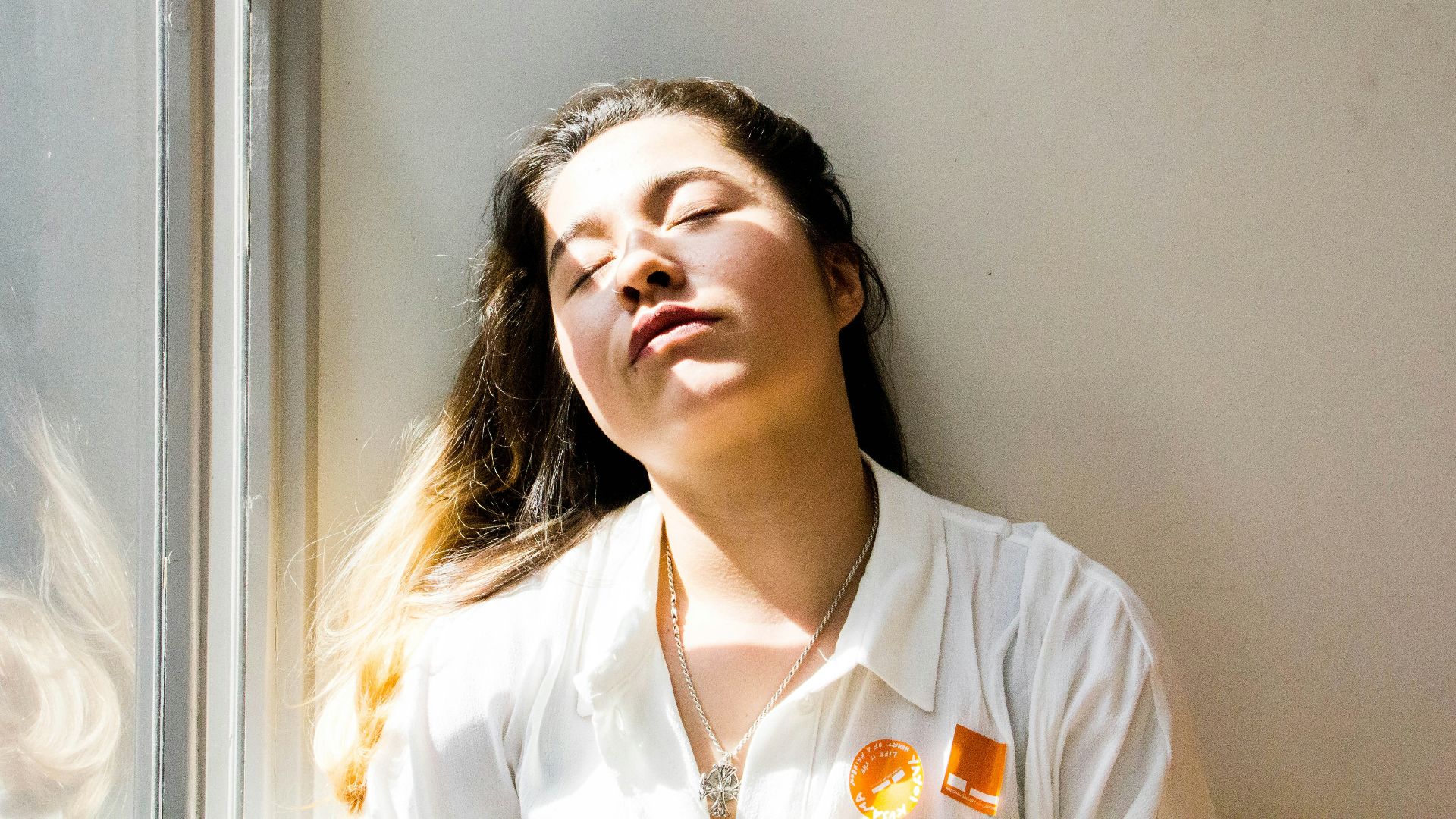Why Stillness Might Be the Most Productive Thing You Do
We’re terrible at doing nothing. Give us five spare minutes, and we’ll fill them with scrolling, snacking, or refreshing our inboxes like something crucial might appear if we just stare long enough. Stillness feels wasteful—maybe even rebellious. But every once in a while, the body and brain seem to whisper the same quiet plea that we take a moment to relax. Here are twenty surprising reasons doing nothing is sometimes essential.

1. Your Brain Finally Gets to Organize Itself
When we stop forcing focus, the brain starts cleaning house. It files, sorts, and begins connecting stray dots. Ever wonder why your best ideas show up while staring at the ceiling or sitting in traffic? It’s because you’ve finally given your mind space to reorganize the clutter.

2. Stress Levels Drop Without You Even Trying
Stress is stress. The body can’t tell the difference between a tiger chase and an overbooked calendar. When we do nothing, it signals the nervous system to power down. Shoulders drop, breath deepens, the jaw unclenches, and we start to reset.

3. You Start Noticing What’s Actually Around You
When you’re in a state of calm, your mind starts to drift outward. You hear the hum of the fridge and notice the pattern sunlight makes through the curtains. Doing nothing tunes the senses back to a frequency we’ve been missing.
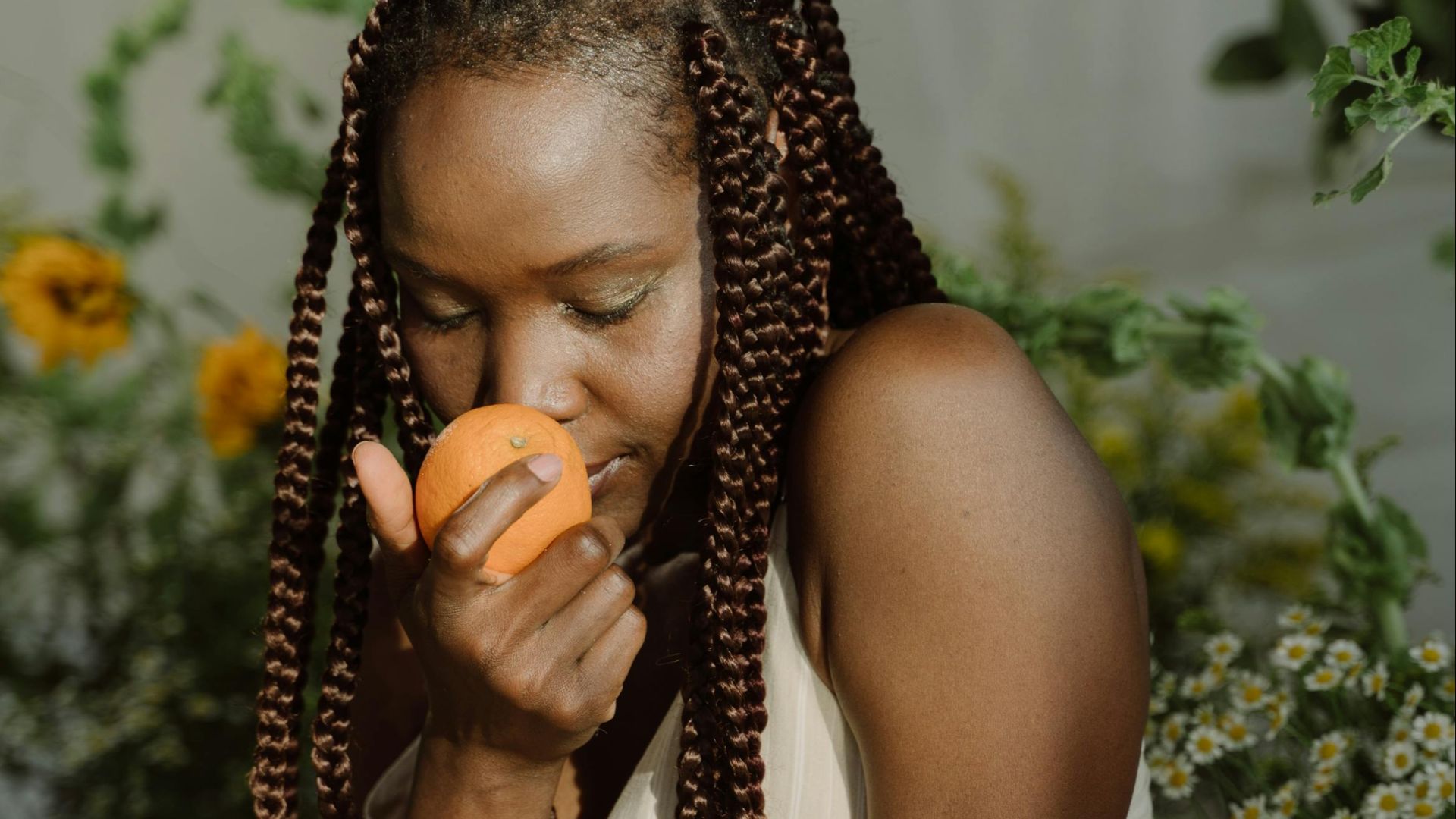
4. Creativity Creeps Back In
We can’t force imagination—it’s allergic to pressure. When we stop chasing inspiration, it suddenly awakens. You’ll be staring at the ceiling fan or watching clouds shift behind telephone wires, and suddenly, you’re inspired to do that thing you love but never have time for.
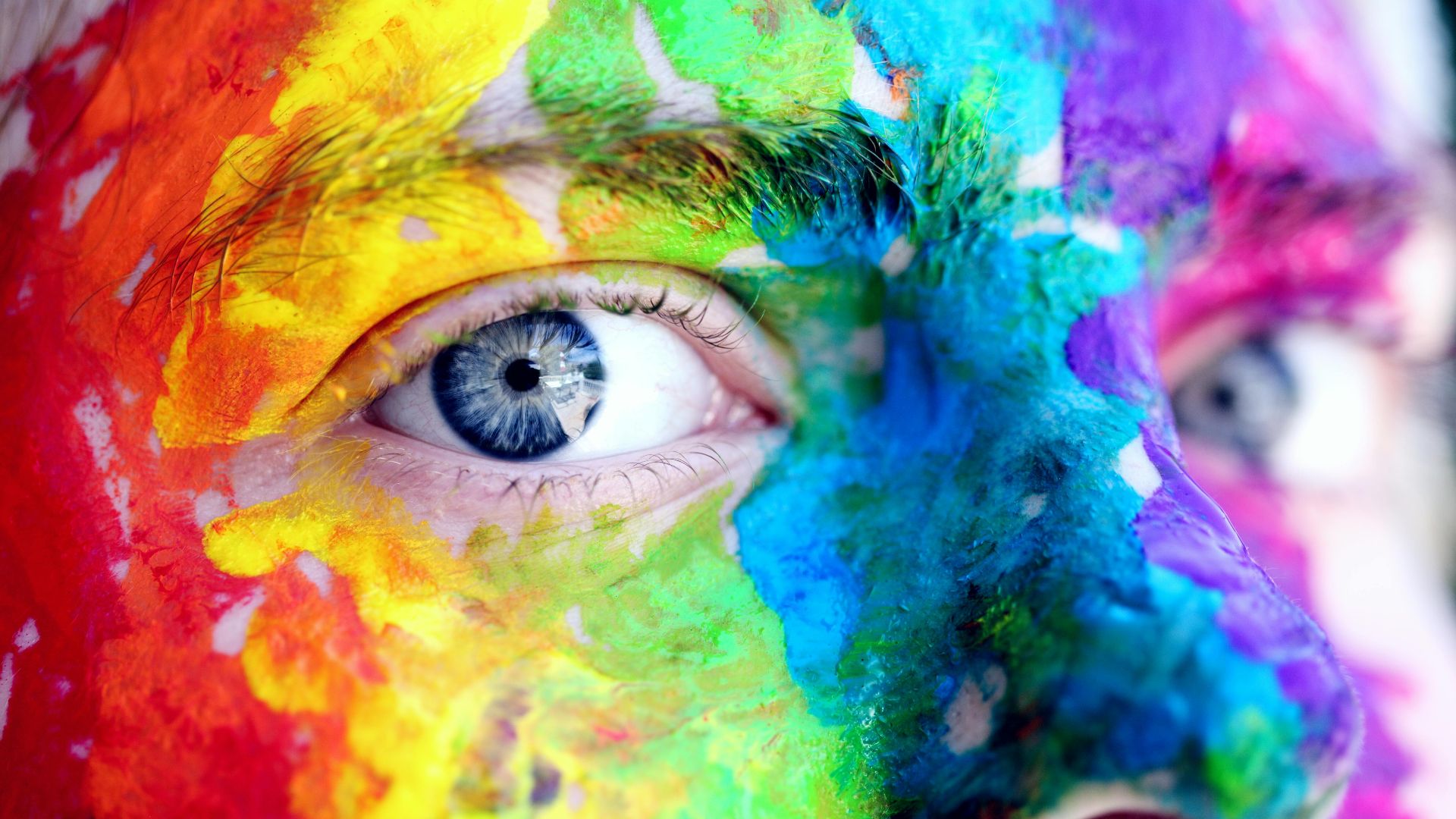
5. Time Feels Slower (In a Good Way)
When you do nothing, minutes stretch out like a lazy cat in the sun. You start to notice the pauses between thoughts. The drag of hours is unsettling at first, then kind of intoxicating. It’s as if your lifespan just doubled.
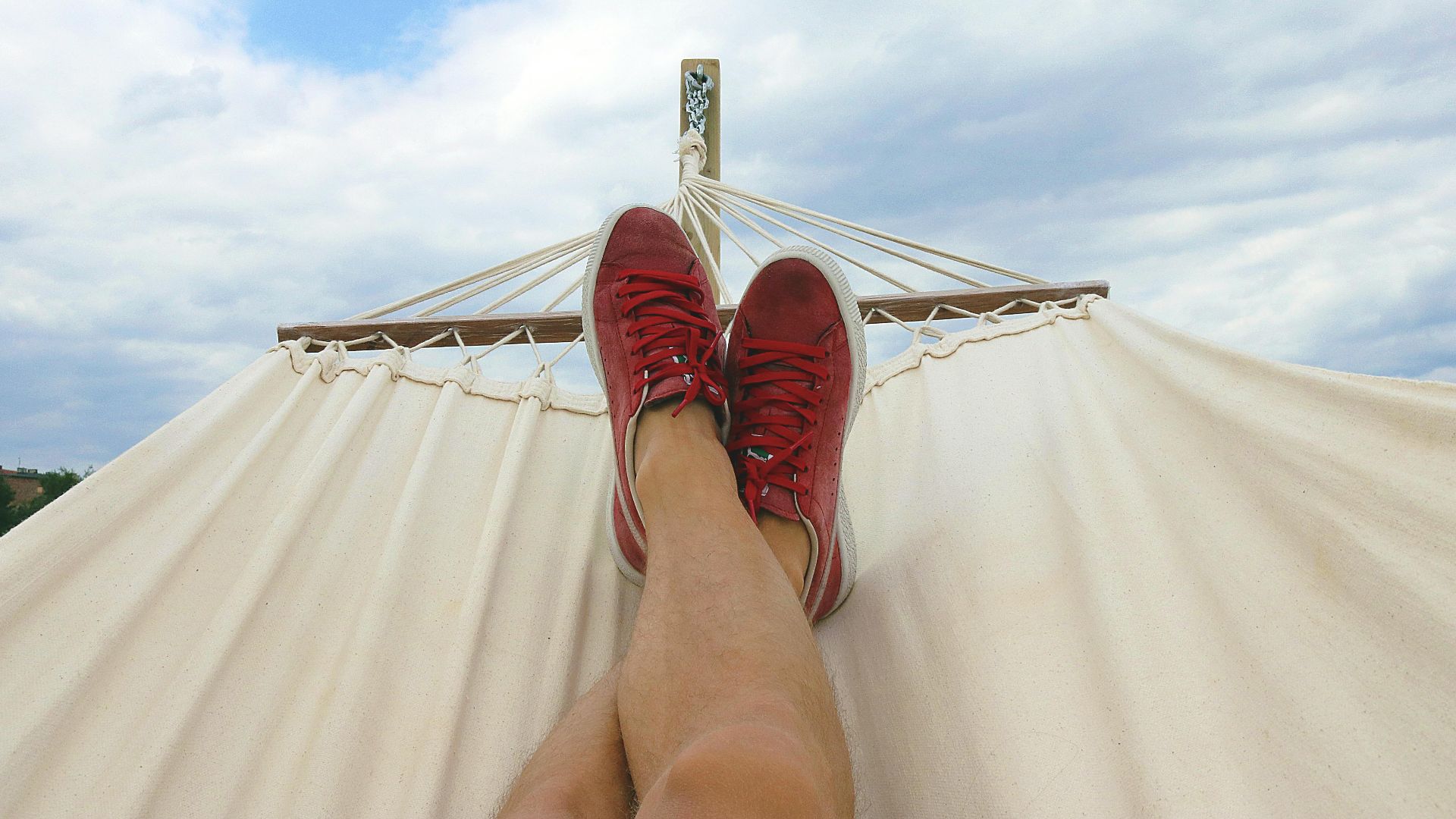
6. Your Body Learns What Rest Actually Means
Lying down isn’t the same as resting. Neither is watching Netflix to unwind. Real rest happens when the muscles, mind, and senses all agree to be still for a moment. When you actually do nothing, your whole body releases in relief.

7. You Stop Mistaking Busyness for Worth
We all struggle with that weird guilt that creeps in the second you’re not doing something productive. We can’t help but feel like we’re wasting oxygen if we’re not crossing items off our to-do list. Doing nothing teaches you that worth doesn’t have to be earned in constant motion.
8. You Become Nicer
Ever notice how patience disappears on busy days? Doing nothing stretches our short fuse back out. We discover we have more room to listen and more space to breathe before reacting. A slower you tends to be a kinder you.

9. You Sleep Better Later
Stillness during the day helps the body recognize what calm feels like. When bedtime comes, it knows what to do. You won’t need to pop a melatonin or listen to whale noises on repeat. You’ll just close your eyes and drift away.
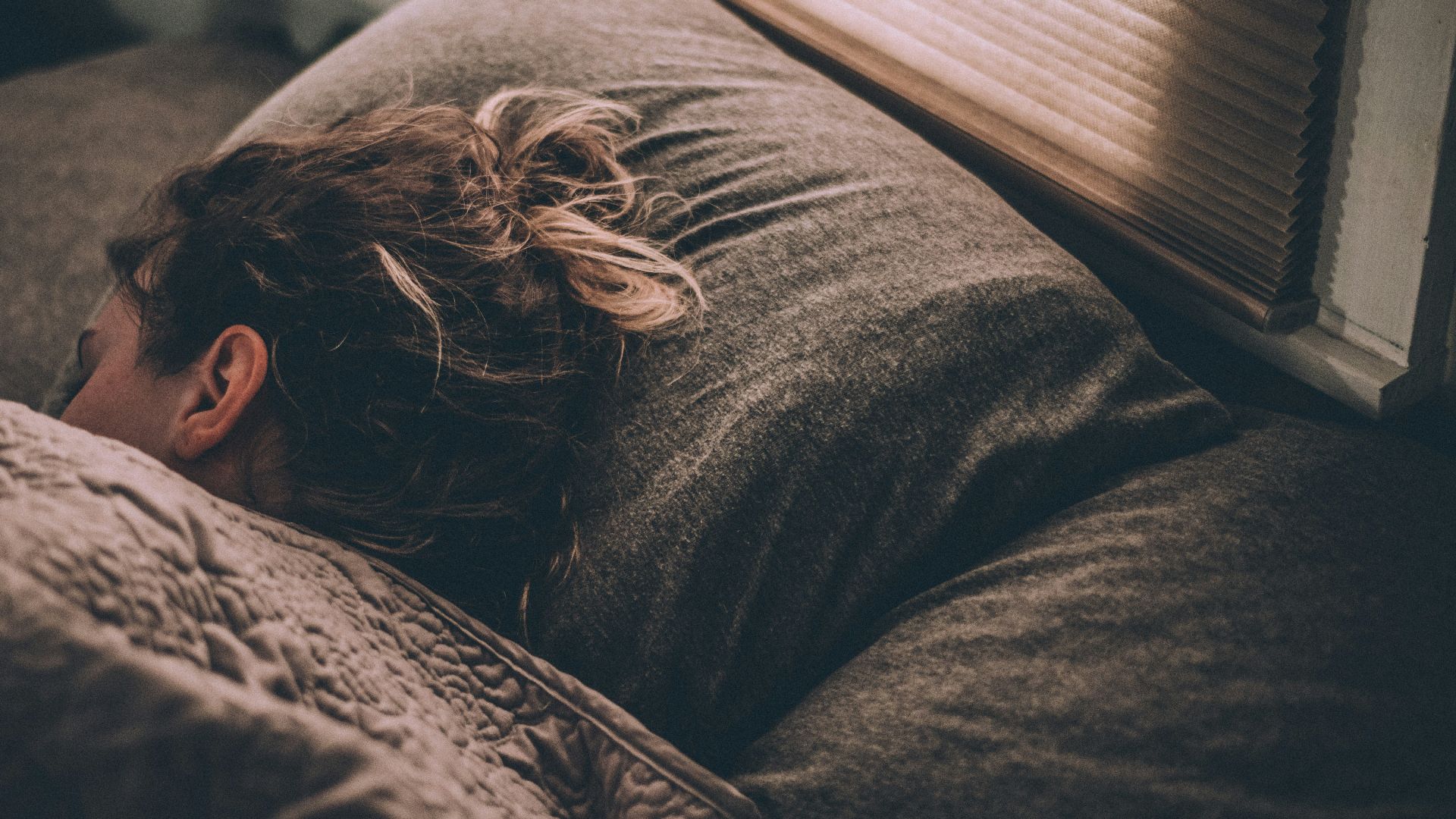
10. You Start Enjoying Boring Things Again
Whether it’s washing dishes or walking the dog, mundane moments transform when your brain isn’t starving for stimulation. Doing nothing trains you to find quiet pleasure in something as innocuous as scrubbing a plate until it gleams.

11. You Relearn How to Be Alone
Solitude can feel scary at first. We’ve built lives where silence equals emptiness. But doing nothing teaches you how to sit with yourself, to hear your thoughts without drowning them in noise. Sometimes they’re messier than expected.

12. You Save Energy for Things That Actually Matter
Constant motion burns mental calories but gains you nothing in return. Doing nothing redirects that internal engine to other, more useful tasks. Suddenly, you have more to give to work, relationships, even to curiosity itself. It’s less about preventing burnout and more about conserving energy.
 Priscilla Du Preez 🇨🇦 on Unsplash
Priscilla Du Preez 🇨🇦 on Unsplash
13. The World Stops Feeling Like a Race
Somewhere along the way, we started competing against invisible opponents. We can’t help but feel lower on the totem pole, as if everyone else is thriving. But when you stop, you realize there’s no finish line and no actual rivals.
14. Your Body Starts to Heal
When you finally stop, something remarkable happens: your body slips into repair mode, as if it’s been waiting patiently for permission. Your heart rate slows, cortisol drops, and digestion catches up on its backlog. Even tiny things, like that nagging jaw tension, start to ease.
15. You Make Peace With Unfinished Things
There’s always something you haven’t gotten around to—whether it’s a reno project, an email, or a major life decision. Doing nothing reminds you that unfinished doesn’t mean never; it just means not yet.
16. You Start Seeing the Funny Side of Things Again
When life slows down, humor sneaks back into your sensibilities. You lose the seriousness of everyday life and start to find humor in the day-to-day. You might even laugh at yourself for a change.
17. You Spend Less Without Trying To
As it turns out, boredom is expensive. When you stop distracting yourself, you also stop filling carts with distractions and retail therapy. Doing nothing costs nothing, which might be the most rebellious kind of luxury.
18. You Remember That Most Things Aren’t Urgent
Half the notifications we respond to could wait. The world doesn’t collapse when you sit still. Doing nothing reorders our priorities, and what actually matters starts to rise quietly to the surface.
19. You Feel Younger
There’s something youthful about unstructured time. Remember those endless summer afternoons when the only goal was to have fun? Doing nothing brings a little of that back. Even as adults, we need empty days in which we simply exist.
20. You Get Better at Doing Something
The paradox of doing nothing is that it makes us better when we return to our work. We’re refreshed, energetic, and ready to reinvest our talents with renewed vigor. It’s like sharpening a knife—only our attention span is the blade.
KEEP ON READING



